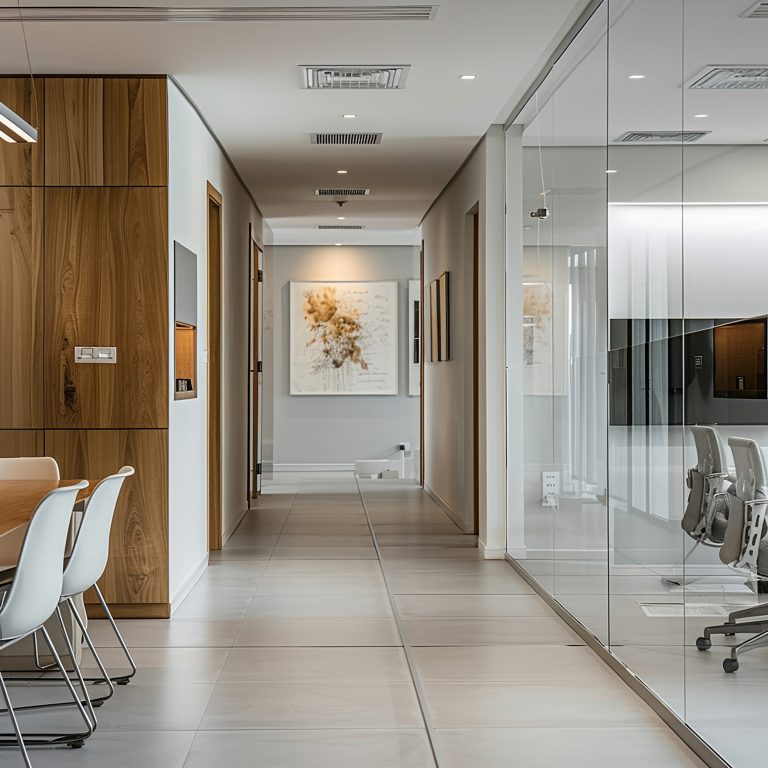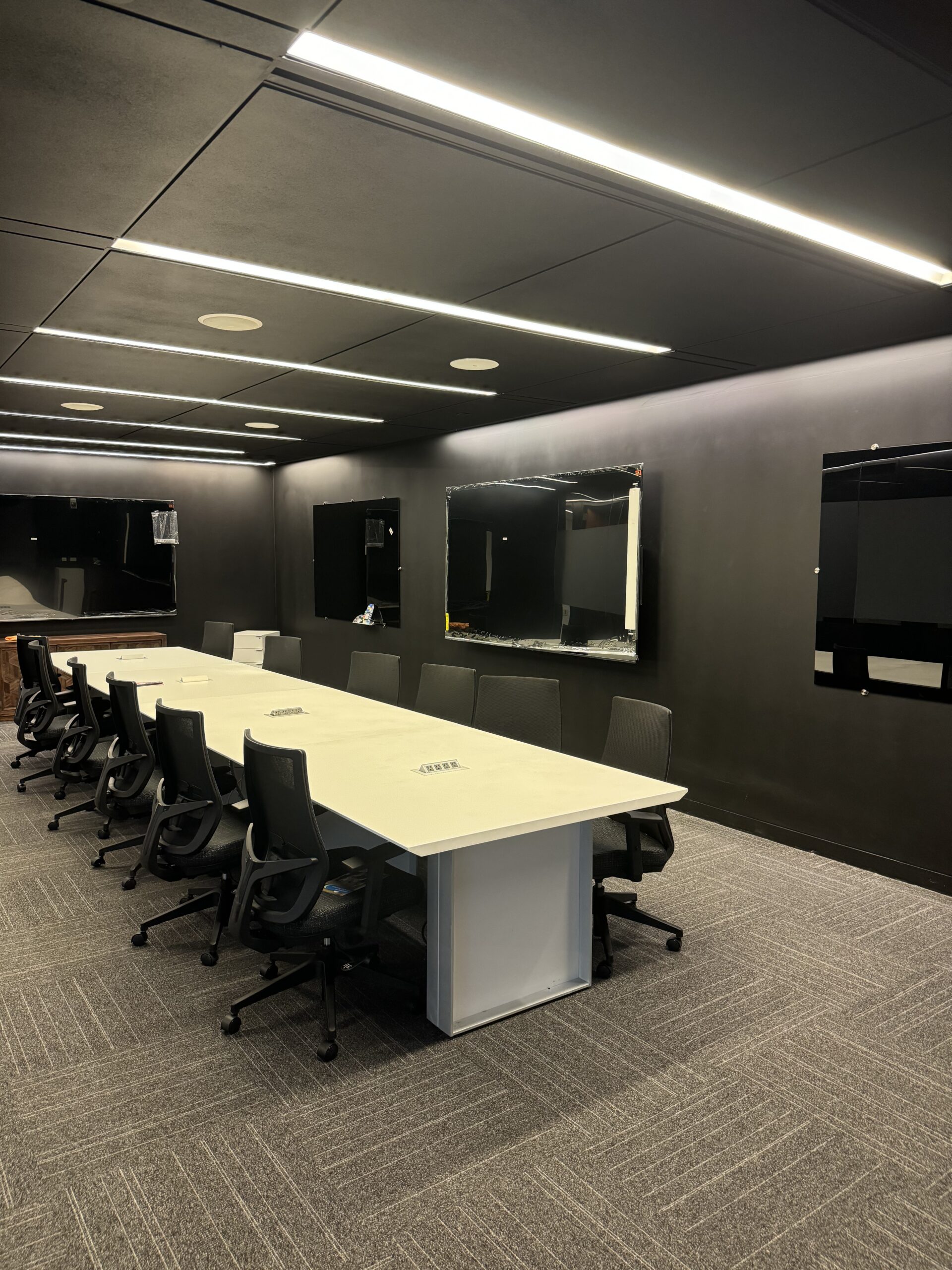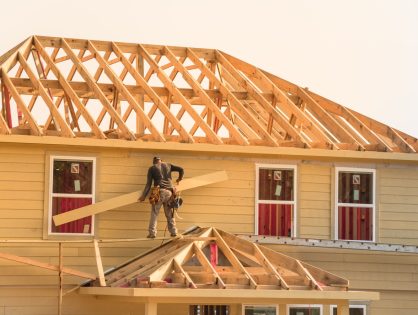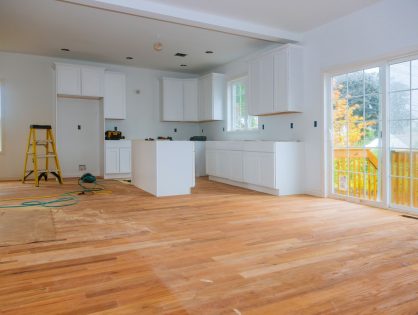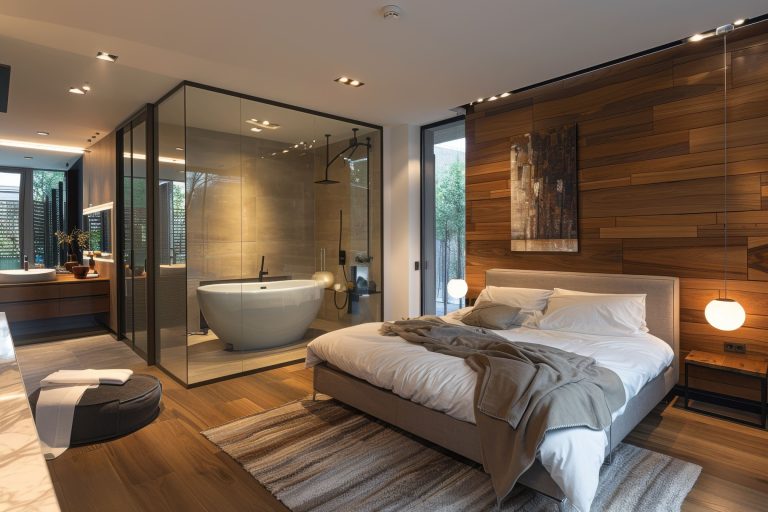Introduction
Commercial remodeling isn’t just about giving your workspace a facelift — it’s about rethinking how your space works for your business. Whether you’re a growing company, a property manager aiming to retain tenants, or an operations leader trying to modernize an outdated facility, the right remodel can improve efficiency, employee morale, and even your bottom line.
In the fast-paced DMV (DC, Maryland, Virginia) market, staying competitive often requires a space that reflects your brand and supports your business goals. This guide will walk you through the essentials of commercial remodeling, from the types of properties that benefit most to navigating local regulations — all from the perspective of an experienced general contractor in Arlington, VA serving the wider DMV area.
What Is Commercial Remodeling?
Commercial remodeling refers to the renovation, improvement, or reconfiguration of existing commercial spaces to better suit the needs of a business or building owner. Unlike ground-up construction, remodeling focuses on adapting what’s already there. This can involve updating interiors, reworking layouts, upgrading systems, or even revitalizing the exterior facade.
For businesses in the DMV area, remodeling is often the smarter investment over relocation. It allows for growth, brand alignment, and operational efficiency without the disruption and cost of moving to a new location. It’s also a chance to take advantage of new technology and green building practices, which can improve sustainability and lower long-term costs.
Beyond aesthetics, a commercial remodel can impact employee productivity, customer perception, and energy efficiency. Think of it not just as an upgrade — but as a reinvestment in your company’s future.
If you’re thinking that a grounds-up construction might make more sense for you, check out our Tips for Commercial Office Building Construction in the DMV.

Types of Spaces That Benefit from Commercial Remodeling
Nearly every type of commercial property can benefit from remodeling. Here are a few of the most common:
- Office Spaces: Open up the layout, create collaborative environments, or build private offices to suit your team’s work style. Breakout areas, soundproof rooms, and wellness zones are becoming popular upgrades.
- Retail Stores: Enhance customer experience with fresh finishes, updated lighting, efficient product displays, and improved traffic flow. A retail refresh can drive foot traffic and increase sales.
- Medical and Dental Offices: Improve patient comfort and staff workflow with modernized layouts, upgraded utilities, and clean, compliant design. The healthcare industry has specific regulations, so attention to detail is essential.
- Restaurants and Cafes: Renovate kitchens for efficiency, refresh dining areas for ambiance, or rebrand to reflect a new concept. Layout, lighting, and acoustics all play a major role in customer satisfaction.
- Commercial Buildings: Lobby updates, common area improvements, ADA upgrades, and building system overhauls can increase tenant satisfaction and property value.
Other examples include gyms, salons, coworking spaces, and educational facilities. No matter the space, thoughtful remodeling can elevate your business presence.
Planning a Commercial Remodel: What to Know
The key to a successful commercial remodel? Detailed planning.
Start by clearly defining your goals. Are you looking to increase usable space? Improve aesthetics? Upgrade systems for energy efficiency? Understanding your priorities helps guide the rest of the process.
Next, assemble your team early. This usually includes a general contractor, an architect or designer, and possibly an engineer depending on the scope. A professional general contractor in Arlington, VA (like our team) brings experience managing complex projects from start to finish — minimizing disruption to your operations.
You’ll also want to plan for:
- Budgeting and Cost Control: Include a contingency (usually 10–15%) for unforeseen conditions. Ask for line-item estimates and clarify payment schedules.
- Timeline Planning: Work around your business hours or consider phased work to minimize downtime. Communicate the schedule with your staff and customers.
- Code Compliance: Ensure all renovations align with current building codes and ADA requirements. For a comprehensive understanding of accessibility standards, consult the official ADA Standards for Accessible Design.
- Tenant Coordination: In multi-tenant buildings, coordinate with property managers and other tenants to reduce disruption.
- Design and Branding: Work with designers to create a space that reflects your brand, from finishes and colors to layout and signage.
Being proactive during the planning phase avoids costly surprises down the line.
Once the remodeling is complete, owners should also make sure that they are doing proper commercial property maintenance to prevent the need for costly repairs in the future.
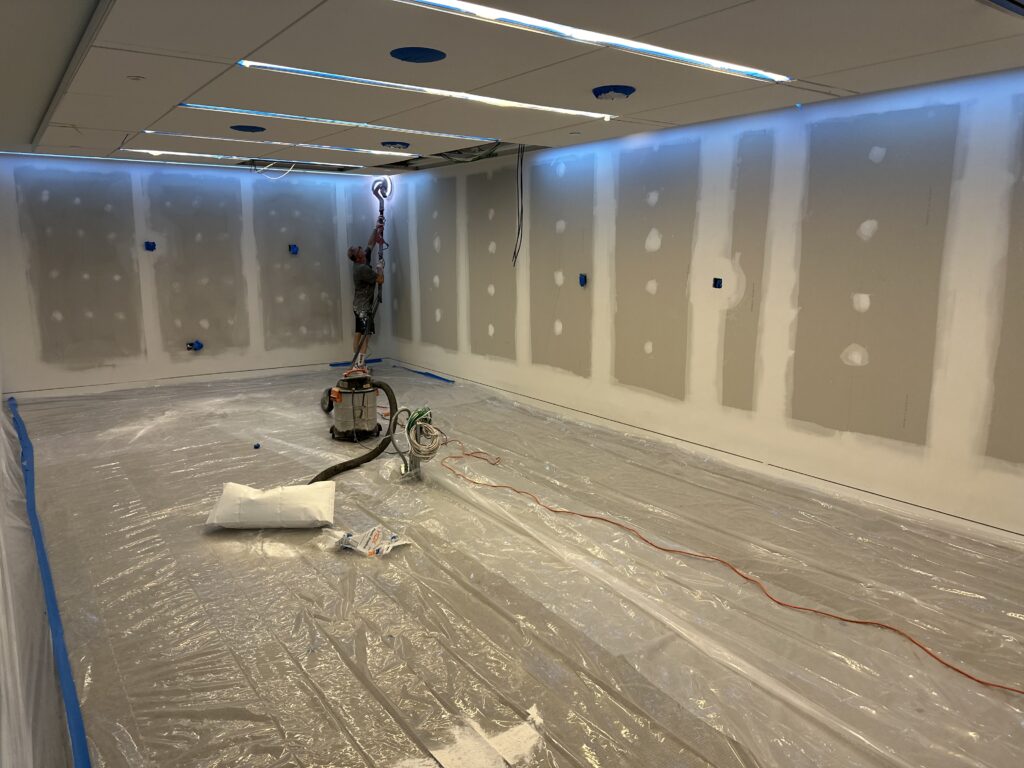
Permits and Regulations in the DMV Area
Navigating permits in the DMV can be complex due to jurisdictional differences between DC, Maryland, and Virginia.
In Arlington, VA, for example, commercial remodels often require permits for structural changes, mechanical work, electrical upgrades, and plumbing. You may also need zoning approvals if you’re changing the space’s use. For detailed information, refer to Arlington County’s Commercial Building Permit Requirements.
In Washington, DC, the Department of Buildings (DOB) oversees commercial construction permits. Depending on your project scope, you might need a building permit, a Certificate of Occupancy, and historic preservation review if the property is within a designated district. You can find comprehensive guidance on the DC Department of Buildings’ Permitting Process.
In Maryland, the requirements vary by county, but in Montgomery County, for example, commercial projects must comply with state and local codes, and most work requires building, mechanical, electrical, and fire protection permits. It’s helpful to check the Montgomery County Permitting Services Office for specifics.
Each locality has its own process, timelines, and fees — which is why working with experienced general contractors in Washington DC or the surrounding areas is so valuable. We streamline this part of the project and make sure you stay compliant from day one.
How to Choose the Right General Contractor
Choosing the right contractor can make or break your remodel.
Look for experience in commercial remodeling specifically — not just residential work. The challenges are different: managing timelines with multiple stakeholders, maintaining building access, and working around active operations are just a few.
Ask about:
- Past commercial projects in the DMV area
- Licensing, insurance, and certifications
- References or testimonials from business clients
- Communication and project management tools
- Safety procedures and on-site protocols
Look for a contractor who brings transparency, professionalism, and creative problem-solving to the table. They should offer clear contracts, defined timelines, and regular updates to keep the project on track. Ideally, your contractor becomes a trusted partner — someone you can rely on now and for future improvements.
Also consider the size of their team and their network of subcontractors. A strong bench means faster turnaround and better coordination.
Conclusion
Commercial remodeling is more than a cosmetic update — it’s a strategic investment in your business. Whether you’re upgrading an office in Arlington, rebranding a retail space in DC, or modernizing a building in Montgomery County, the right team makes all the difference.
As a seasoned general contractor in Arlington, VA, we help businesses across the DMV navigate the remodeling process with clarity, confidence, and minimal disruption.
From permitting and planning to final walkthroughs, we bring the experience, communication, and craftsmanship your project deserves. Let’s build something better together.
At Dzala General Contractor, we specialize in high-quality commercial remodeling tailored to the needs of small and mid-sized businesses. With a focus on clear communication and minimal disruption, we make it easy to transform your space while keeping your operations running smoothly.
Ready to talk about your project? Contact us today to get started.



